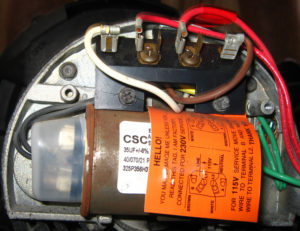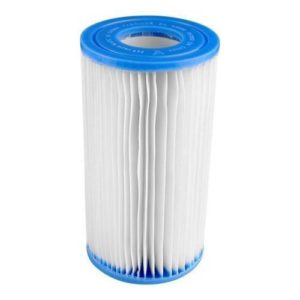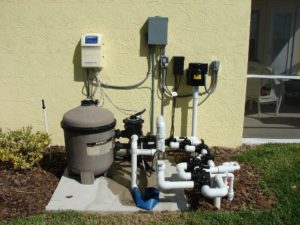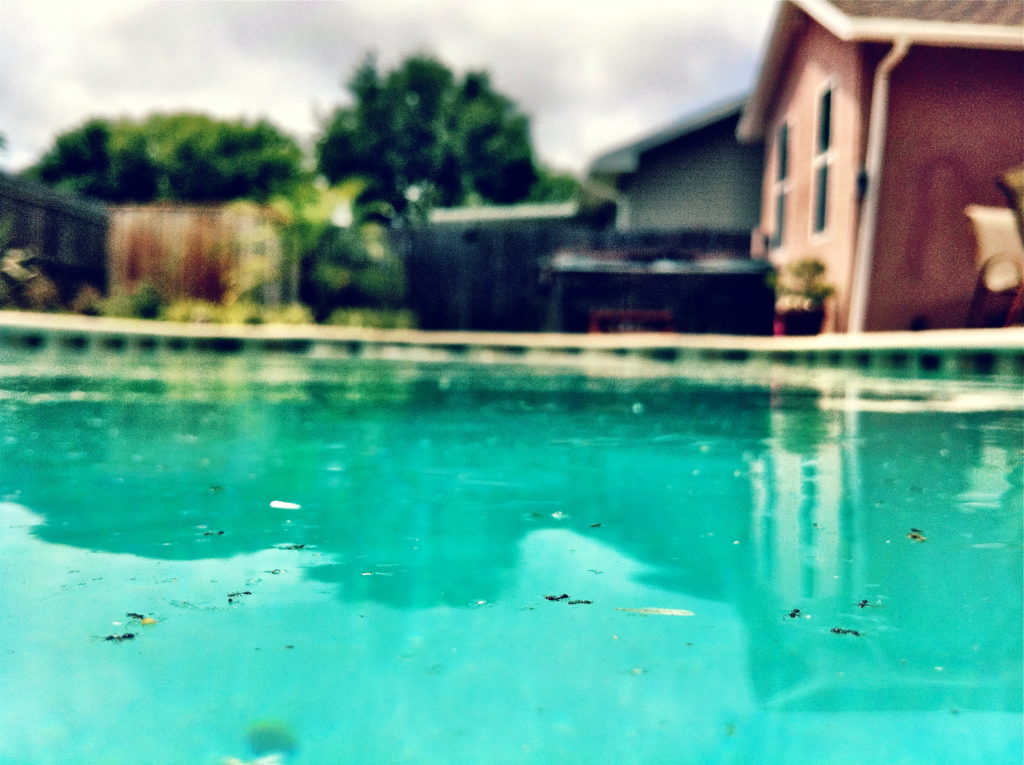You can’t enjoy an inground pool without a pump. If you’ve ever been around a pool, you probably know what it does: it takes in dirty water to the filter and pumps out the clean water. Pool pumps are typically low maintenance because many of them do not need water for them to get started (“self-priming”). But while you may not need to worry too much about it, pump maintenance is still something that requires attention.
Many of the routine things you need to do are general, but always read the manual before taking apart any of the components. Use what follows as a general guide!
Turnover Rate

Your pool’s “turnover rate” is the amount of time it takes for the pump to cycle all of the pool water through the filter one time. A recommended turnover rate s is around 12 hours. This means that every inch of pool water goes through the filter within 12 hours after the pump is turned on, one to two turnovers per day.
This is, of course, a general guideline. Turnover rates can be as low as 8 to 10 hours. Divide the number of gallons / your desired turnover rate in minutes to see the minimum flow rate needed to be going at all times. Read the manual or talk to a professional about the type of pump you have, and see if your turnover rate is correct.
 Emptying the Filter
Emptying the Filter
The strainer basket catches large pieces that might have been sucked into the main drain. Clean out the strainer basket around once or twice a week. Before going into the filter, turn off the pump’s power! In fact, if you’re ever taking a look inside, turn off the pump and unplug it. Safety first!
Checkups
- Check the lid of the pump house to make sure it’s in great condition. If there are any cracks replace the lid as it won’t be able to effectively seal the pump from leaks. Routinely check the nuts and bolts for tightness.
 While you’re at it, look for leaks around the pump shaft seal. If water gets in, the bearings and shaft can rust, making it essential to catch leaks early.
While you’re at it, look for leaks around the pump shaft seal. If water gets in, the bearings and shaft can rust, making it essential to catch leaks early.
- If your pump is turning off randomly, it’s probably because it is overheating. It could be aging parts, cloistered, small wiring, or a jammed impeller (next point!).
- A jammed impeller could also cause a lack of pump pressure, and might be the case if the pump was running just fine a couple days’ previous. Before clearing it out, turn off the pump and the power to the pump. Remove the lid and filter basket, take a wire or bent coat hanger, and pull out whatever might be clogging the path.
- If your pump is loud, check if something is leaning against it or if it’s rattling against a surface.
Take the time to make pump maintenance a part of your pool care routine. If you’re running into something you just can’t figure out, give us a call! We can help you solve any pump-related questions or problems.


